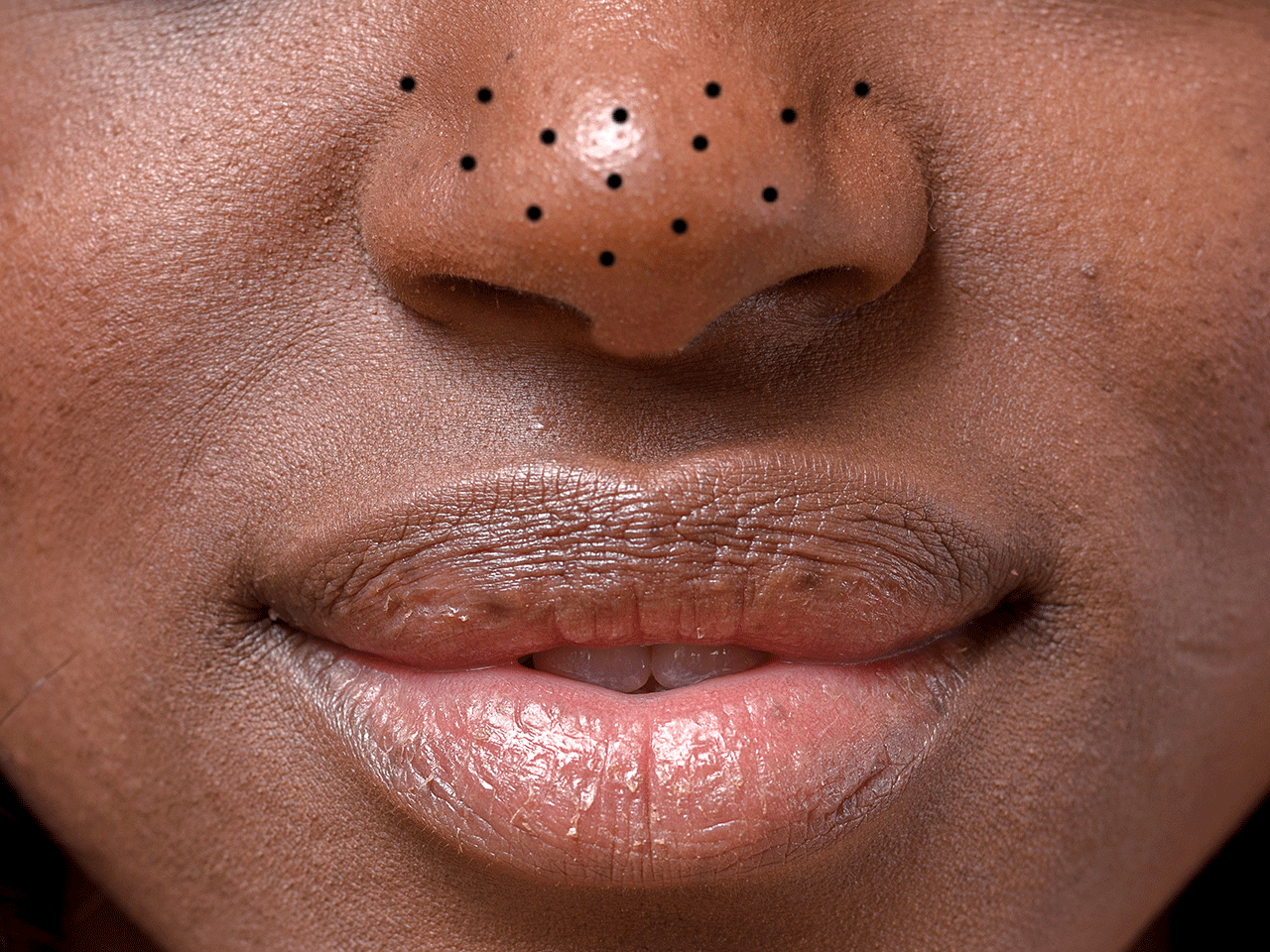Blackheads on the nose are a common skin concern that can affect individuals of all ages and skin types. These small, dark spots can be frustrating, often appearing at the most inconvenient times. They are a type of acne caused by clogged hair follicles, which become filled with excess oil, dead skin cells, and bacteria. When these pores are open to the air, the material inside oxidizes and turns black, hence the name "blackhead." Understanding the causes and effective treatments can help individuals maintain clear and healthy skin.
Many people assume that blackheads are solely caused by poor hygiene, but this is a misconception. While it's true that excess oil and dirt can contribute, several factors, including hormonal changes, diet, and even stress, can play a significant role in their formation. By addressing these underlying issues, one can reduce the likelihood of developing blackheads on the nose and achieve a clearer complexion.
In this article, we will explore various aspects of blackheads on the nose, including their causes, prevention methods, and effective treatments. We'll provide expert advice and practical tips to help you understand and manage this common skin issue better.
What Causes Blackheads on Nose?
Blackheads form when the hair follicles become clogged with a combination of oils, dead skin cells, and bacteria. Here are some common causes:
- Excess Oil Production: Oily skin is more prone to blackheads due to the increased production of sebum.
- Hormonal Changes: Hormonal fluctuations, particularly during puberty, menstruation, or pregnancy, can lead to increased oil production.
- Poor Skincare Habits: Not cleansing the skin properly can result in the buildup of dirt and oil.
- Diet: Consuming high amounts of sugar and dairy can exacerbate acne-related issues.
How Can You Prevent Blackheads on Nose?
Preventing blackheads on the nose involves adopting a proper skincare routine and making lifestyle changes. Here are some effective prevention tips:
- Cleanse Regularly: Use a gentle cleanser twice daily to remove excess oil and impurities.
- Exfoliate: Regular exfoliation helps remove dead skin cells and prevents clogged pores.
- Use Non-Comedogenic Products: Choose skincare and makeup products labeled non-comedogenic to avoid clogging pores.
- Stay Hydrated: Drinking plenty of water can help maintain skin elasticity and combat excess oil production.
Are There Effective Treatments for Blackheads on Nose?
Yes, several treatments can help eliminate blackheads on the nose. Some popular options include:
- Salicylic Acid: This beta hydroxy acid helps exfoliate the skin and prevent clogged pores.
- Retinoids: Topical retinoids can promote cell turnover and prevent the formation of blackheads.
- Clay Masks: Clay masks can draw out impurities and excess oil from the skin.
- Professional Extractions: A dermatologist can safely extract stubborn blackheads to minimize scarring and irritation.
Can Diet Affect Blackheads on Nose?
Yes, diet can significantly influence the appearance of blackheads on the nose. Certain foods can trigger increased oil production and inflammation in the skin. Here are some dietary tips to consider:
- Limit Sugar and Processed Foods: High sugar intake can lead to insulin spikes, which may trigger oil production.
- Incorporate Omega-3 Fatty Acids: Foods rich in omega-3s, such as fish and flaxseeds, can help reduce inflammation.
- Stay Away from Dairy: Some studies suggest a link between dairy consumption and acne flare-ups.
Are Home Remedies Effective for Treating Blackheads on Nose?
Many people seek home remedies for treating blackheads on the nose, and while some can be effective, they should be used with caution. Here are a few popular home remedies:
- Honey and Cinnamon Mask: Honey has antibacterial properties, while cinnamon can help exfoliate the skin.
- Baking Soda Scrub: A gentle scrub made from baking soda can help exfoliate and unclog pores.
- Apple Cider Vinegar: This natural astringent can help balance skin pH and reduce oiliness.
When Should You See a Dermatologist for Blackheads on Nose?
If you find that over-the-counter treatments and home remedies are not effective in managing your blackheads on the nose, it may be time to consult a dermatologist. Here are some signs that indicate you should seek professional help:
- Persistent Blackheads: If blackheads continue to appear despite your best efforts, professional treatments may be necessary.
- Severe Acne: If your blackheads are accompanied by painful cysts or inflamed acne, a dermatologist can offer targeted treatments.
- Skin Irritation: If you experience redness, swelling, or irritation from at-home treatments, stop using them and consult a specialist.
Conclusion: Managing Blackheads on Nose
Blackheads on the nose are a common yet manageable skin concern. By understanding their causes and adopting a consistent skincare routine, individuals can significantly reduce their occurrence. Whether you prefer at-home remedies, over-the-counter products, or professional treatments, the key is to find what works best for your skin type. Remember, maintaining a balanced diet and staying hydrated can also play a crucial role in achieving clearer skin. If you struggle with persistent blackheads or severe acne, don't hesitate to seek the help of a dermatologist for personalized solutions.
Mastering The Art Of Cleaning False Eyelashes With Water
Discover The Benefits Of Palmer's Cocoa Butter Stick For Your Skin
Unlocking The Magic Of Urban Decay Eyeshadow Palette


